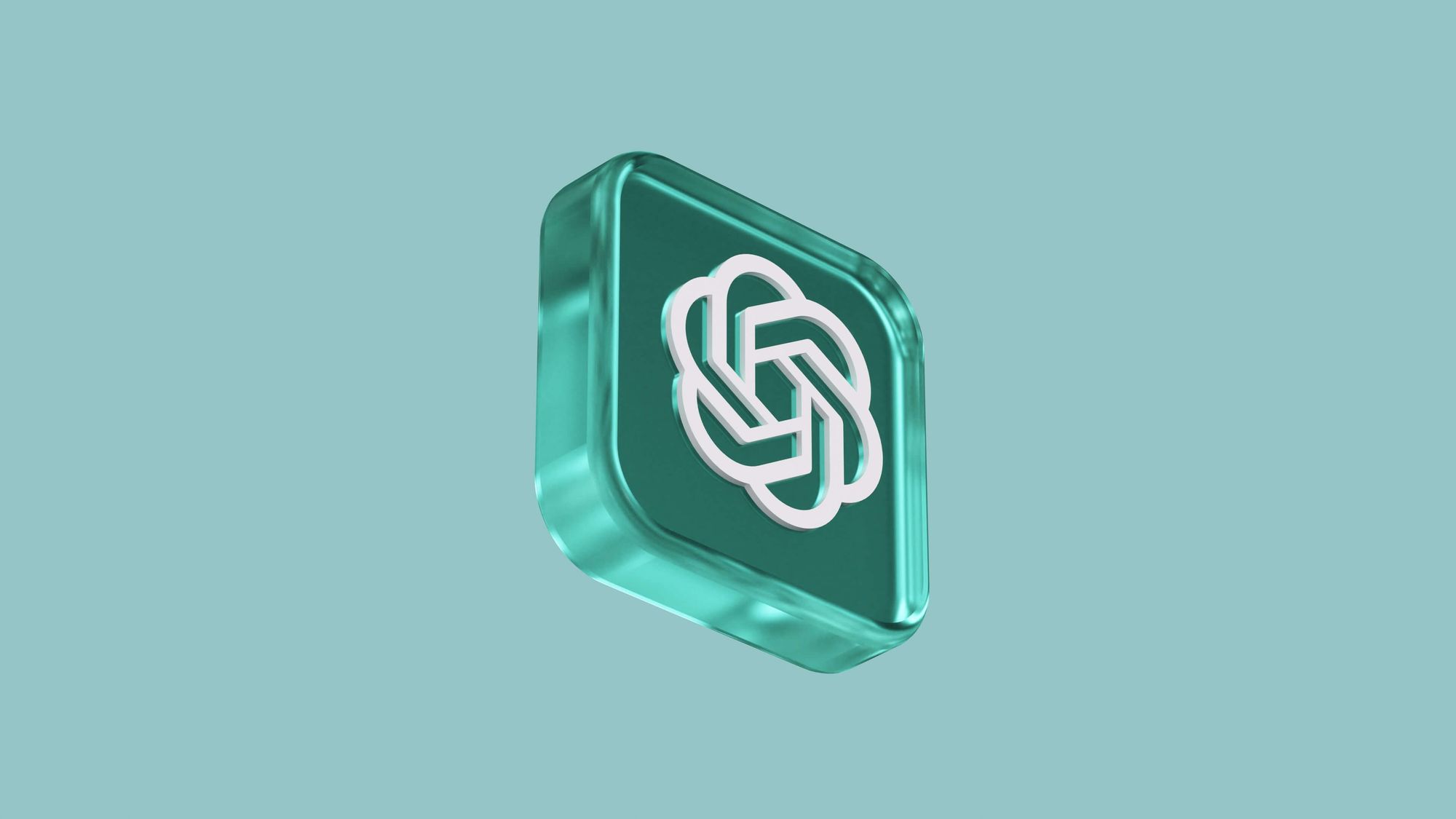Large Language Models (LLMs) like ChatGPT have benefitted both marketers and developers, whether you want to tweak your copy to make it more SEO-friendly or to generate code.
But there’s a new kid on the block: Claude AI, which is already being lauded as better than other similar tools, including ChatGPT and Google Bard.
Will Claude AI be the next big thing?
- What is Claude AI?
- Claude API
- Claude vs. ChatGPT
- Top ways Claude AI helps marketers
- How can developers use Claude AI?
- Dealing with hallucinations
What is Claude AI?
Claude is an experimental AI chatbot created by the company Anthropic, who aims to build safe and helpful chatbots.
The LLM was first released in 2022 and uses Constitutional AI to ensure it remains helpful to humans, not harmful. In fact, Claude follows a set of safety rules taken from sources like the Universal Declaration of Human Rights.
The AI was trained on public and private datasets to ensure natural conversation and usefulness in a variety of topics. It also uses self-supervised learning techniques so it can carry on learning as it chats to users.
At first, Claude was originally available through a beta API program for limited testing, but it’s now been released to the public. It’s important to note that, while the chatbot was created to be as helpful, transparent, and harmless as possible, its full capabilities and limitations are still being analyzed.
Claude 2 was released July 11, 2023 in the US and UK, with improved abilities. The AI chatbot:
- Handles huge blocks of text (up to 75k words),
- Has a strong focus on user safety,
- Comes with a deeper understanding of contexts,
- Improved its conversational skills,
- Has double the parameters of the original version (860 million vs. 430 million),
- Is easy to talk to and clearly explains concepts,
- Has longer memory,
- Is capable of writing longer documents,
- Provides answers to a wide range of topics,
- And so much more.
Claude API
The Claude API allows you to integrate Clause with your product but, at the moment, it’s only available in the UK and US. It was designed to be a “backend that incorporates Claude into any application you’ve developed”.
How does the Claude API work?
Your product sends text to the Claude API and receives an answer via server-sent events, which is a streaming protocol for the internet.
Check out the API documentation that comes with drop-in example code in Python and Typescript for more information and to help you start using it.
How to access the Claude API
Here’s a step-by-step of how to get the Claude API:
- Fill out this form.
- Agree to the terms of service and privacy policy.
- Submit your application and activate your account once you have the email confirmation.
- Finalize your account, including adding a password.
- Log in.
- Go to Generate API Keys in Account Settings.
Once you evaluate Claude and check whether you can integrate it with your products, you can “Go Live by engaging in a commercial services agreement with [Anthropic]. This enables you to use Claude in your production environment with your own customers, and grants you access to much higher rate limits to meet the needs of your business.”
Claude API integrations
Do you know where you can integrate the API? Here’s a handy list of libraries available for Claude to get you started incorporating into your own applications and products:
- Websites: You can integrate Claude into web apps to provide visitors with chatbots and virtual assistants. The JavaScript, React and REST APIs work well for web integration.
- Mobile apps: Mobile SDKs allow you to embed the conversational AI into iOS and Android apps, powering features like an intelligent chat interface.
- Business applications: It’s possible to add Claude to CRMs (Customer Relationship Management) systems, support ticketing, HR, ecommerce, and others, in order to make them more conversational.
- Slack/Discord bots: You can also create custom bots for chat platforms like Slack and Discord to ensure smarter conversations and interactions. Use the Slack API integration or REST API for this.
- Customer service: Providing excellent customer service is crucial, and Claude can help by powering chat systems, virtual agents and call center tools with Claude's NLP.
- Voice assistants: Another integration is Claude’s voice capabilities, which you can use to create intelligent voice agents for different devices and products.
Claude vs ChatGPT
Will Claude AI kill ChatGPT? Here are a few ways Claude may come out on top:
Handling a huge amount of information
There isn’t an official word count that ChatGPT can handle, though it seems to be about 2,000 words at the maximum. However, users can input around 75,000 words in Claude AI, which has a lot more applications.
Coding
Claude 2 scored 71.2% on a Python test, while ChatGPT only 67%, meaning Claude is likely more updated than the OpenAI tool, since it has an information cutoff date of early 2023 (compared to ChatGPT’s September 2021).
Text summarization
Claude can summarize large amounts of text, whereas ChatGPT’s limit is about 3k words. What’s more, you can either paste text onto the chat or upload a file with Claude as well – just make sure your text is well-structured to allow for better results.
Privacy
Both ChatGPT and Claude AI allow you to delete conversations and interactions.
VPN browsing
While Claude supports VPN access, ChatGPT doesn’t.
Availability
For now, Claude is only available in the UK and US, while ChatGPT is available in 50+ countries.
While both AI tools have their limitations and restrictions, it appears that Claude is a serious contender for top conversational AI.
Top ways Claude AI helps marketers
We’ve touched on the benefits of Claude already, but how can it specifically help marketers, including developer marketing pros?
- You can use Claude on Slack, after which the AI will remember your threads, iterate on tasks, and respond to people when tagged. You can also converse with it one-to-one directly, just like messaging a colleague.
- Claude also integrates with Jasper, a generative AI platform, helping you to scale your content strategies, for example.
- You can use the tool to conduct market research and analyze data to spot trends and patterns, as well as opportunities.
- Claude can help you generate ideas for your marketing campaigns, as well as messaging.
- You can automate repetitive tasks, such as data entry, social media posts, etc., which saves you time.

How can developers use Claude AI?
We’ve also seen how Claude can help developers, especially when it comes to integrations. However, here’s a more detailed look at the benefits developers can get from this AI:
Coding abilities
Claude provides code samples and suggestions, and autocomplete functions to save you time when coding. It can also create boilerplate code.
“(...) our latest model has greatly improved coding skills. Claude 2 scored a 71.2% up from 56.0% on the Codex HumanEval, a Python coding test.” – The Anthropic team
Documentation
Anthropic’s AI tool helps you save time by helping you create technical documentation, which ensures your product has the right docs.
Detect bugs
You can ask Claude to review your code and spot bugs and vulnerabilities, helping you to fix issues early in the development process. This also helps you to maintain the quality of your code.
Code search
If you’re looking for a particular code function, class, or example, Claude can quickly search large databases and provide you with the correct answer.
Refactoring
With Claude, you can analyze dependencies and get suggestions on how to restructure code. This way, you can improve maintainability and reduce complexity, for instance.
Assistance
If you need a bit of assistance, Claude can provide sample code, solutions to common issues, and ideas to ‘unstick’ you if you’re not sure how to proceed in your project.
Tech support
Another way developers can use Claude AI is as technical support, since the platform can provide answers to your questions on APIs, frameworks, databases, and more.
Integrations
As we’ve seen, Claude can integrate with several applications and systems, including iOS, Android, and Slack.
Dealing with hallucinations
The Claude chatbot was designed to be transparent and useful, but it can still hallucinate (i.e., make up information that isn’t true) in its effort to be helpful.
To prevent this, Anthropic suggests allowing Claude to say “I don’t know”. This is the example the company offers:
But there are other ways to prevent or minimize hallucinations, such as:
- Creating the same prompt twice and asking Claude if both answers are consistent.
- Asking the chatbot to give you direct quotes from the documents you provide (ensure the text has, at least, 300 words to prevent fake quotes).
In short
Claude offers a lot of features that other tools, such as ChatGPT, don’t have, including VPN browsing, access to the internet, and ability to handle huge blocks of text.
The Claude API can integrate with other systems, allowing developers and companies to add conversational abilities, as well as other key features, to their own products.
Time will tell which chatbot is the winner but, for now, it seems like Claude has the advantage.
Have you tried Claude AI? What do you think?
Why not discuss this hot topic in our Slack community, where you can chat to marketers and developers alike – and pick their brains?






